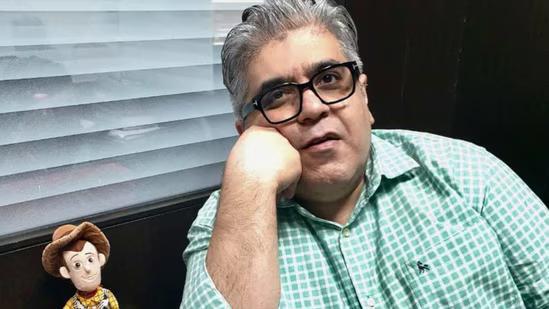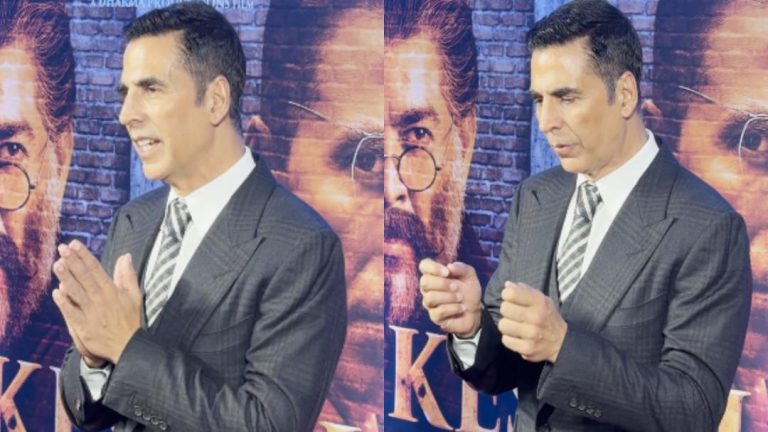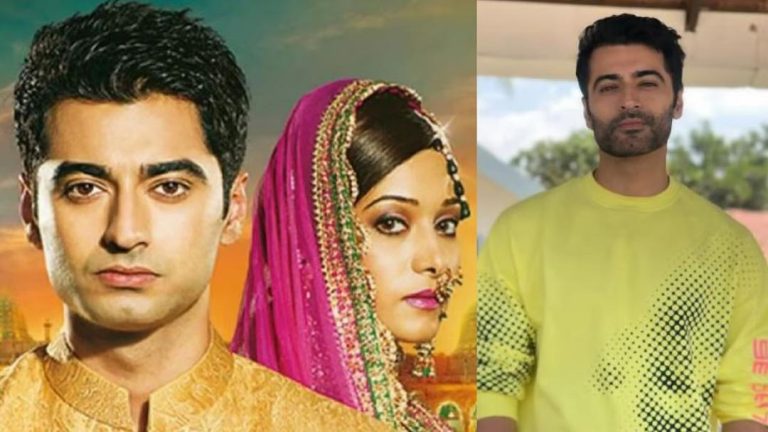
Makeup Artist Getting Paid More Than Writers Problematic: Masand
The film industry is known for its opulence and extravagance, and it seems that the trend is only getting more extreme. The costs incurred during filmmaking have reportedly spiralled irrationally, with some makeup artists and hair stylists raking in more than writers and editors. This alarming trend has not gone unnoticed, and Rajeev Masand, the Chief Operating Officer (COO) of Dharma Cornerstone Agency, has spoken out against it.
In an interview with a leading publication, Masand expressed his concern over the increasing costs in the industry. “If hair and makeup are getting paid more than the editor of a film or the writer of a film, there’s a problem,” he said. It’s a valid point, considering the crucial role that writers and editors play in shaping the narrative of a film. Their skills and expertise are essential to the success of a movie, yet they are often underpaid and overworked.
Masand’s remarks have sparked a heated debate in the industry, with many taking to social media to share their thoughts on the matter. Some have argued that the cost of makeup and hair styling is justified, considering the importance of these elements in creating a film’s visual aesthetic. Others have pointed out that the trend is a reflection of the industry’s obsession with glamour and celebrity culture.
However, Masand’s concerns are not unfounded. The cost of filmmaking has indeed increased exponentially in recent years, with some reports suggesting that the budget for a single film can exceed ₹100 crore. While some of this increase can be attributed to advances in technology and the need for more complex special effects, it’s clear that the industry is also plagued by wasteful spending and extravagance.
One of the main culprits behind this trend is the propensity for filmmakers to indulge in lavish spending on their stars’ personal entourages. From private jets to luxury hotel suites, the perks and privileges afforded to celebrities are often staggering. And yet, despite the astronomical costs, many of these stars fail to deliver the kind of box office returns that justify their astronomical salaries.
Masand’s remarks have also sparked a debate about the role of producers in the industry. As he pointed out, “The ball is in producers’ court, they need to say that we are not going to encourage this.” It’s a valid point, considering that producers often have the final say in how a film’s budget is allocated. However, it’s also worth noting that many producers are simply responding to the demands of their stars and the market.
The trend of makeup artists and hair stylists earning more than writers and editors is not unique to India. In Hollywood, for example, the salaries of makeup artists and hairstylists have increased significantly in recent years, thanks in part to the rise of prestige TV and the increasing importance of visual effects in filmmaking.
However, the situation in India is particularly egregious, considering the country’s film industry is still largely driven by low-budget, genre-specific films. The majority of Indian films are made on shoestring budgets, with producers often relying on a small team of collaborators to get the job done. In this context, the idea that makeup artists and hair stylists are earning more than writers and editors seems absurd.
So, what can be done to address this issue? For starters, producers need to take a more active role in managing their budgets and ensuring that their stars’ entourages are kept in check. This may involve imposing strict limits on the number of people who can accompany a star on set, or limiting the amount of time that can be spent on non-essential activities like hair and makeup.
Writers and editors, on the other hand, need to be more proactive in demanding fair compensation for their work. This may involve negotiating better salaries, or seeking out opportunities that offer more creative freedom and financial security.
Ultimately, the solution to this problem lies in a combination of increased accountability and greater transparency in the industry. By acknowledging the value of writers and editors, and by taking steps to address the increasing costs of filmmaking, we can create a more sustainable and equitable industry that rewards creativity and talent.






